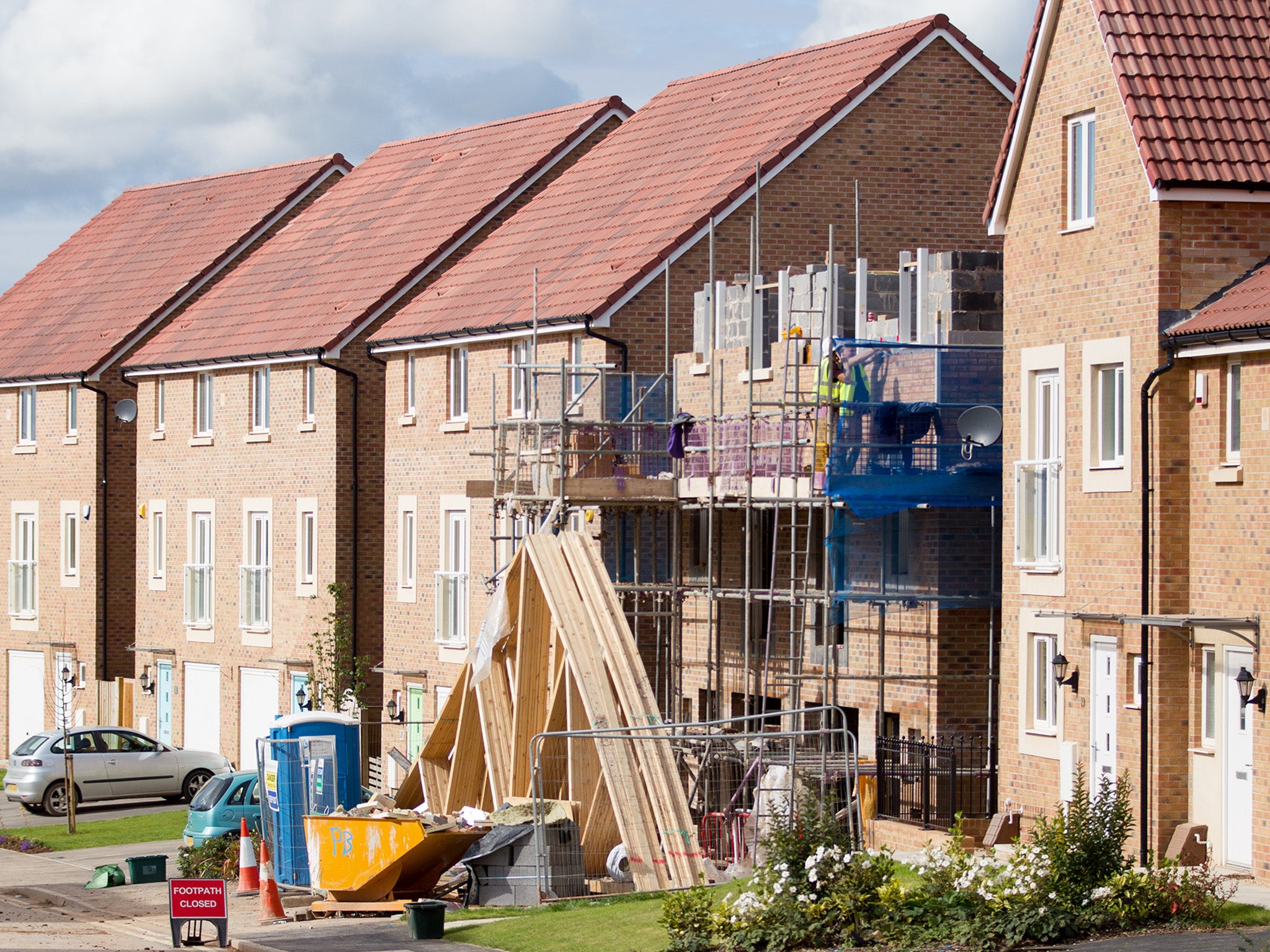Jeremy Corbyn has sensible things to say about the rental market – but we need major reforms to solve the broader housing crisis
In an interview with The Independent, Jeremy Corbyn promises that a Labour government would abolish ‘no fault’ evictions

Over the past 10 years, the proportion of households renting from private landlords has doubled. By the end of 2021, a quarter of UK homes will be provided by the private rental sector. This need not be an intrinsically bad thing. Yet for many tenants, it is an expensive, precarious and generally unpleasant business.
In his interview with The Independent today, Jeremy Corbyn promises to tackle the uncertainty that many renters feel by scrapping laws that make it possible for landlords to turf out tenants with little notice and no explanation. By abolishing “no fault” evictions – as has already happened in Scotland – the Labour leader believes he would not only enhance the security of tenancies generally but also, as a consequence, do much to reduce the recent rise in homelessness.
There can be little doubt that Mr Corbyn is right to recognise the importance of housing policy and the need to make fundamental changes in this arena. Whether he would be able to enact real reform, given the rank failures of successive governments in past decades, remains for now a matter of conjecture.
Still, his latest remarks on the subject will strike a chord among many. A report earlier this year by the Knight Frank estate agency concluded that 40 per cent of tenants expend over half of their income on rent, which serves to highlight quite how serious is the housing situation in this country.
Of course, if such vast proportions of income were servicing a secure tenancy for a pleasant dwelling, they might not be accompanied with such resentment. But many renters would be hard pressed to say they are satisfied with their accommodation, let alone the price they pay for it.
As Mr Corbyn notes, the key is to change the nature of the dynamic between tenant and landlord so that it becomes more equal. That will require regulation of the sort that would have Margaret Thatcher spinning in her grave. But in truth, statutory measures are by now unavoidable.
Not to be outdone, the Government is also announcing proposals relating to the private rental sector, with plans to introduce new rules about the minimum size for a bedroom in houses of multiple occupancy. Moreover, landlords who rent out homes that are let to more than five people will require a license in order to operate.
However, there is a sense in relation both to Mr Corbyn’s proposals and to the Government’s that this is mere tinkering at the edges of a more deep-rooted problem that stems from decades of failure when it comes to building the homes that are needed to house a growing population.
In the past 50 years, population growth has averaged 0.5 per cent a year. Social and demographic changes have also resulted in the average size of the UK household shrinking. The consequent need for more housing stock ought to have been met with the construction of around 300,000 new homes each year. In fact, that target has not been reached once in the past 40 years.
The effect of this longstanding failure has been that buying a home is a pipe dream for many, especially those under the age of 30. Landlords, unencumbered by irritating regulation and emboldened by the knowledge that demand for even the grottiest rental property outstrips supply, have cashed in.
Ultimately, then, the only thing that will truly deal with what we now call a housing “crisis” almost blithely is a major programme of housebuilding. And that will only happen if local authorities get back into the construction game in a big way, and if private companies are effectively forced to build homes on the vast plots of land they own, for which they frequently already have planning permission.
Both main parties have made positive noises in this direction. But there are any number of vested interests (including landlord MPs) that benefit from the present lack of equilibrium in the housing market. What’s more, the Government is so focussed on Brexit – and so inhibited by parliamentary arithmetic – that real change is unlikely to come soon. And that will make the momentum behind Labour all the stronger.
Join our commenting forum
Join thought-provoking conversations, follow other Independent readers and see their replies
Comments